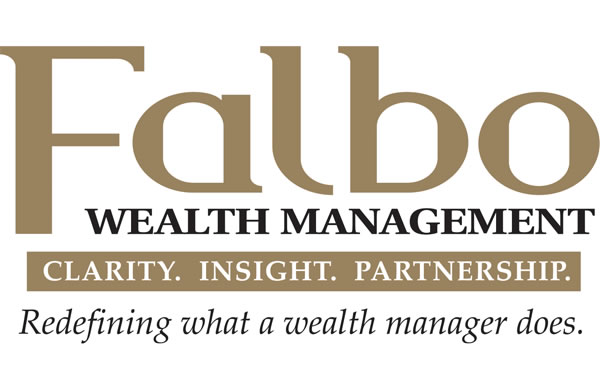Retirement marks a significant transition in life, often greeted with a mix of excitement and apprehension. While the prospect of leaving the workforce brings the promise of freedom and leisure, it also introduces a new set of financial challenges. As a retirement planning advisor, I’ve witnessed firsthand how unanticipated expenses can derail even the most meticulously crafted retirement plans. Understanding and preparing for these costs is crucial. Here are the five biggest expenses you are likely to encounter in retirement:
1. Healthcare and Long-Term Care
Healthcare is often the most significant expense for retirees. As we age, the need for medical services increases, and Medicare does not cover everything. Out-of-pocket costs for
prescriptions, dental care, vision care, hearing aids, and other healthcare services can add up quickly. Additionally, long-term care, whether in-home or at a facility, presents a substantial financial challenge, with costs that can deplete savings rapidly. Planning for these expenses through health savings accounts (HSAs), long-term care insurance, or a dedicated savings fund is essential.
2. Housing
Housing remains a considerable expense in retirement, whether you own your home or rent. Property taxes, maintenance, repairs, and utilities can strain your budget, especially on a fixed income. Downsizing to a smaller home or relocating to an area with a lower cost of living can help manage these costs. It’s also worth considering a reverse mortgage as a potential source of income, though it may not be suitable for everyone.
3. Taxes
Taxes can take a sizable bite out of your retirement savings. Withdrawals from traditional IRAs and 401(k)s are taxed as ordinary income, and Social Security benefits may also be taxable, depending on your overall income. Effective tax planning, such as diversifying with Roth IRAs or Roth 401(k)s, which offer tax-free withdrawals in retirement, can help minimize your tax liability.
4. Inflation
Inflation is the silent eroder of purchasing power, particularly problematic for retirees on fixed incomes. The cost of living is likely to increase over time, meaning your retirement savings will buy less in the future than they do today. Incorporating investments that have the potential to outpace inflation into your portfolio can help safeguard your spending power.
5. Leisure and Travel
Retirement is your time to enjoy life, pursue hobbies, and travel. While these activities are essential for a fulfilling retirement, they can also be expensive. Budgeting for leisure and travel expenses, and looking for ways to enjoy your interests cost-effectively, can help ensure you live your retirement dreams without compromising your financial security.
Finding the Right Retirement Advisor
Retirement should be a rewarding phase of life, free from financial stress. By anticipating these five major expenses and planning accordingly, you set yourself up to enjoy your retirement years with confidence. As a retirement planning advisor, my role is to help you navigate these challenges, ensuring your retirement plan is robust, flexible, and tailored to your unique needs and aspirations. Remember, the key to a successful retirement is preparation. Let’s discuss how you can plan today for the retirement you deserve tomorrow.
Want more tips like these delivered straight to your inbox? Sign up for our newsletter.
The opinions voiced in this material are for general information only and are not intended to provide specific advice or recommendations for any individual.
A Roth IRA offers tax deferral on any earnings in the account. Qualified withdrawals of earnings from the account are tax-free. Withdrawals of earnings prior to age 59½ or prior to the account being opened for 5 years, whichever is later, may result in a 10% IRS penalty tax. Limitations and restrictions may apply.

